Dentist - Irving, TX
Striving to Create the Best Dental Experiences in North Texas... Every Day!
Watch Our Video

Have recommendations from someone else? Our dentist in Irving is here to help without obligation.

From the friendliest staff members to complimentary nitrous oxide, our goal is to eliminate anxiety and fear.

We work with all the leading dental insurance companies, and our experts help you maximize your benefits.
We are different, and we hope you notice.
At 21st Century Dental of Irving, you matter. In fact, our Las Colinas dental team is focused on winning your loyalty while creating experiences we hope you share with friends and family.
We always respect your time, and care deeply about the trust and confidence you are placing in our hands. With nearly 70% of our new patients coming from referrals, we understand the power of treating people right. So, whether you need a routine cleaning, are interested in dental implants, need the help of an emergency dentist close by, or anything in between, our dentist in Irving is here to help!
Our entire dental team is trained and goes out of their way to create the best healthcare experience in North Texas. We hope you notice.
Our Commitment to YouSince founding 21st Century Dental of Irving in 1992, we have kept things simple - hire the best people, train them well, model the culture and let them do their thing. This starts with dentists who share a commitment to clinical excellence and the ultimate in customer service. It expands to include only those who enjoy working with others and are happy to share their expertise and compassion to the benefit of every patient. Only people who are genuinely friendly and love what they do become part of our Irving dental team.
Meet Our Dental Experts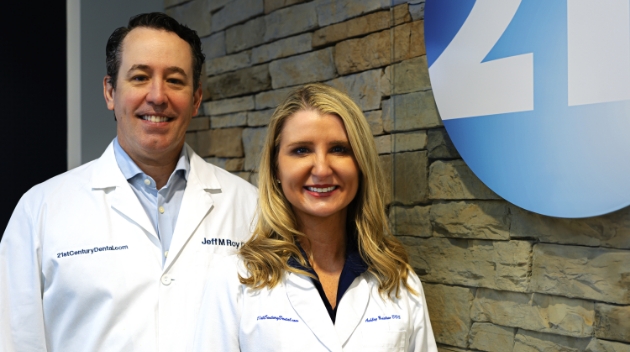
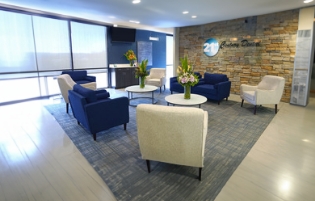
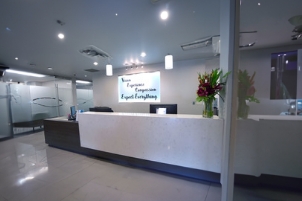

With more than 240

Whether you are in pain or visiting from out of town, a call today most always gets you an appointment today.

High-quality dental care can be a life-changing experience, and we work with you to accommodate most any budget.
Opened in 2016 with input from our long-term patients, our state-of-the-art facility was built with patient comfort and satisfaction in mind. Want to improve your oral health with a professional cleaning? Fill gaps in your smile with dentures? Upgrade your pearly whites with veneers? Our primary goal is to provide an environment where you can relax. Although advanced technology is a wonderful adjunct to creating beautiful, healthy smiles, it also saves our patients time. Most importantly, it is the continual focus on relationships that defines us. If you are looking for these attributes in a dentist in Irving, we would be honored to be entrusted with your care.
Tour Our Dental Office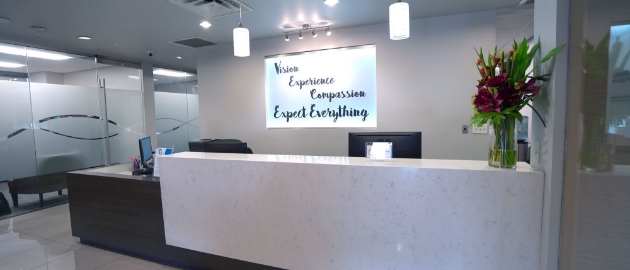

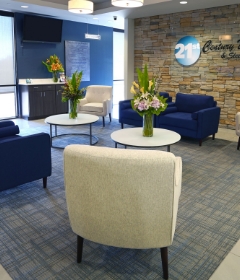
Although price shouldn’t be a factor in achieving pristine oral health and a beautiful smile, we understand that it often is. That is why our Las Colinas dental office is happy to work with your insurance company to maximize your benefits and help you understand the cost. No insurance? No problem! We also have affordable financing available to make extensive treatment and cosmetic makeovers manageable. We promise to always provide you with an estimate beforehand and do what it takes to accommodate most any budget!
Our dentist is excited to welcome new and existing patients to our dental office in Irving! You can find us at 290 E. John Carpenter Fwy #2700. Our close proximity to I-35E and I-635 makes us the perfect fit for patients looking for a dentist near Grapevine, Southlake or a dental practice near Addison, too. We are also surrounded by a number of food options, including Chipotle, Via Real Restaurant, and Le Peep of Las Colinas, making us extremely convenient for patients who are on-the-go! If you would like additional instructions on locating our dentist near you, don’t hesitate to give us a call!
